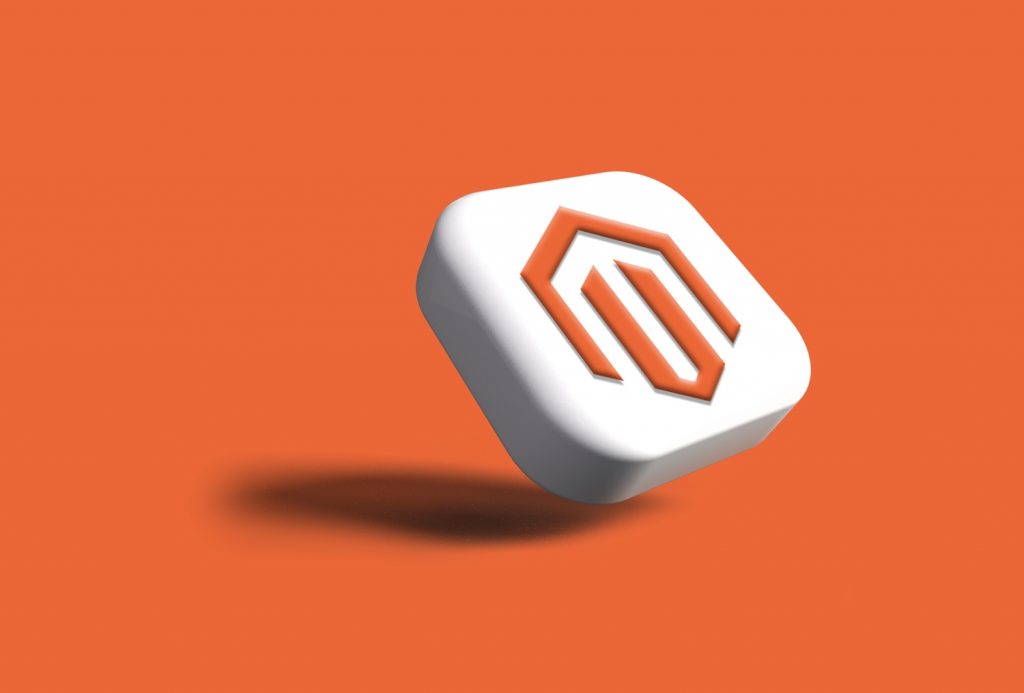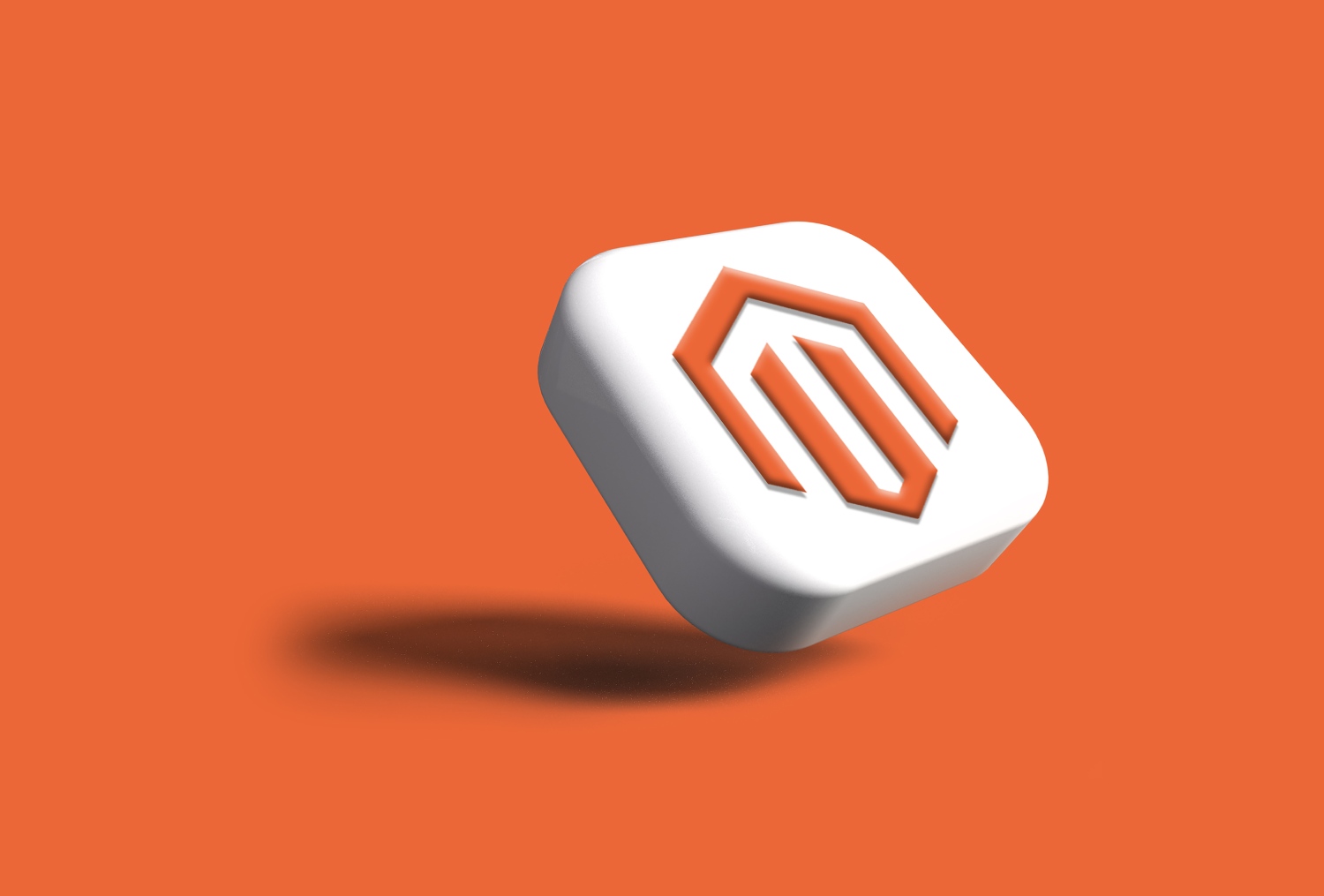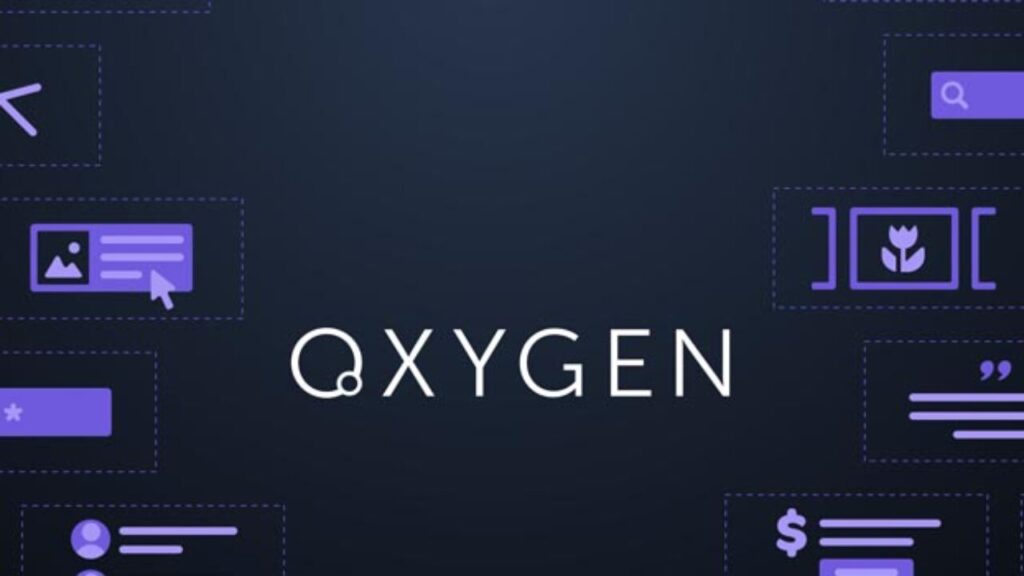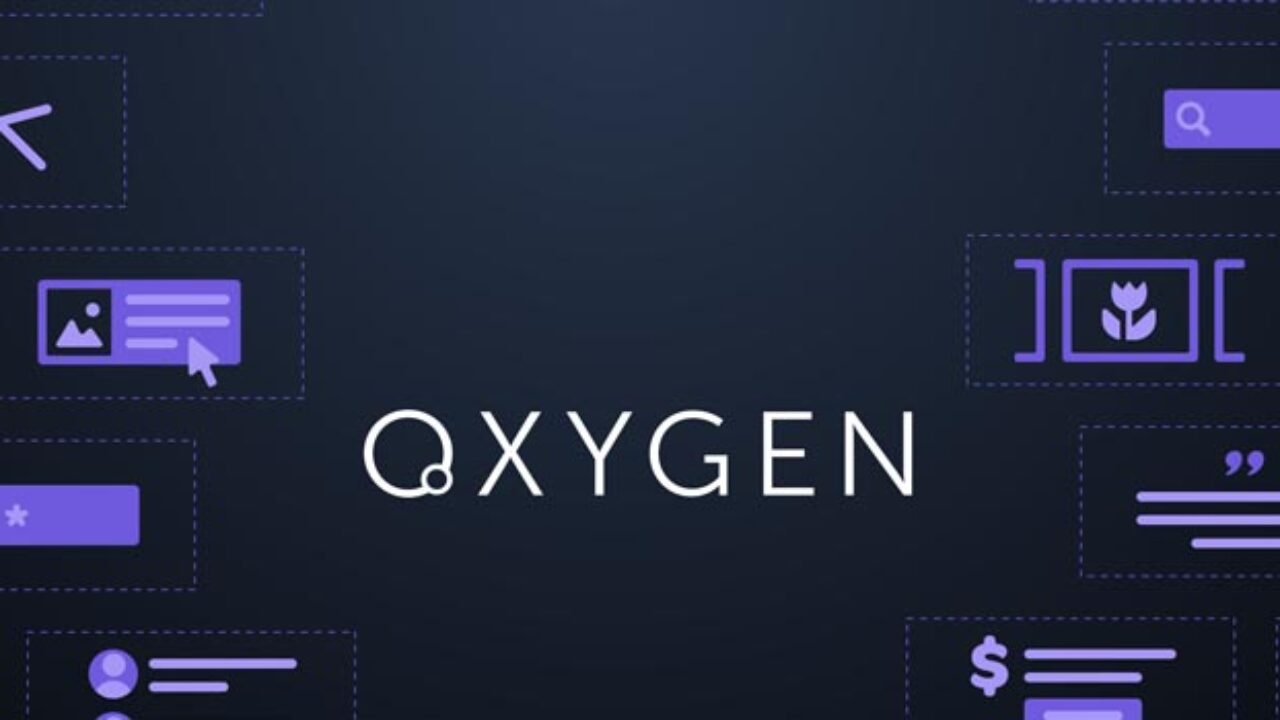Introduction:
PHP, or Hypertext Preprocessor, is a widely used server-side scripting language that has powered the web for nearly three decades. Despite the rise of other programming languages like Python and JavaScript, PHP remains the backbone of over 75% of websites, including giants like WordPress, Facebook, and Wikipedia. In this blog, we explore why PHP continues to dominate the web development landscape and remains a favorite among developers in 2024.
1. Easy to Learn and Use
Why Simplicity Wins:
One of the biggest reasons for PHP’s lasting popularity is its simplicity. Whether you’re a beginner or a seasoned developer, PHP’s syntax is intuitive, easy to grasp, and allows for quick prototyping of dynamic web pages. A simple PHP script can be written in just a few lines, making it a go-to language for new programmers.
2. Massive Community Support
The Power of Open-Source:
PHP has an enormous community of developers contributing to its growth. From comprehensive documentation to tutorials and forums, the PHP ecosystem ensures developers can easily find solutions to any challenges. The open-source nature also means constant updates, security patches, and new features driven by a global community.
3. Database Integration:
Seamless Database Connectivity:
PHP’s seamless integration with MySQL, PostgreSQL, and other databases makes it a favorite for developing data-driven websites. Most CMS platforms like WordPress, Joomla, and Drupal rely on PHP’s database handling capabilities, which is crucial for building dynamic content and handling large datasets.
4. Speed and Performance
Optimized for Web:
In 2024, website speed is critical for SEO rankings and user satisfaction. PHP’s ability to handle heavy traffic without slowing down is one of the reasons it’s still used for large-scale applications. The latest versions, including PHP 8, have improved performance with features like the Just-In-Time (JIT) compiler, enhancing execution speed.
5. Flexibility and Compatibility
Cross-Platform Compatibility:
PHP is platform-independent and can run on Windows, Linux, macOS, and more. This flexibility allows developers to choose the hosting environment that suits them best, while PHP continues to function smoothly.
Versatility:
It also supports various content, from blogs and e-commerce platforms to social networks. PHP can be easily combined with other languages, such as HTML, CSS, and JavaScript, making it adaptable for front-end and back-end development.
6. Scalability
Grow with Your Website:
PHP is scalable, whether it’s a small blog or a massive e-commerce platform. PHP-based websites, like Facebook, have scaled to accommodate millions of users without sacrificing performance with the right frameworks and hosting setup; PHP scales effortlessly with growing business needs.
7. Security Features
Constant Security Improvements:
Over the years, PHP has faced its share of security concerns, but modern versions come with robust security features like data sanitization, password hashing, and encryption. Dozens of security best practices and built-in measures ensure developers can build secure, hack-resistant websites.
8. Extensive Framework Support
Speed Up Development:
PHP has evolved with the support of frameworks like Laravel, Symfony, and CodeIgniter, simplifying and speeding up the development process. These frameworks come with built-in tools for everyday tasks like routing, authentication, and caching, making it easier for developers to build robust applications.
9. Cost-effective and Open-Source
Free to Use:
One of the best things about PHP is that it’s completely free, making it the go-to language for developers and businesses looking for budget-friendly solutions. Thanks to the language’s wide compatibility with shared hosting services, hosting a PHP site is also cheaper than most alternatives.
10. Strong Ecosystem of Content Management Systems
Driving Popular CMS Platforms:
PHP powers some of the world’s most popular content management systems (CMS), including WordPress, which commands over 40% of the web. This widespread use of PHP in CMS platforms ensures a robust ecosystem of themes, plugins, and extensions that make web development faster and easier.
Conclusion:
PHP remains one of web development’s most reliable and flexible programming languages. Its simplicity, vast community support, strong security measures, and robust frameworks make it an ideal choice for web development in 2024. Whether starting a small project or building a massive application, PHP is a timeless tool that continues to deliver performance, scalability, and ease of use.









